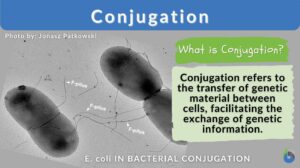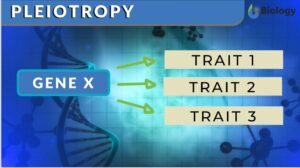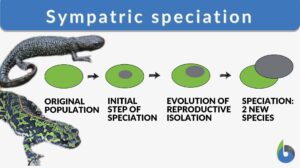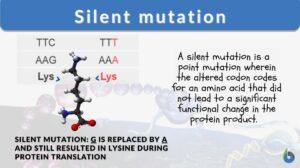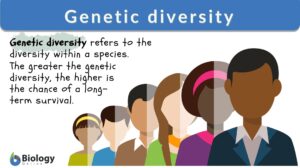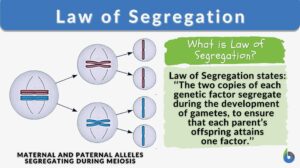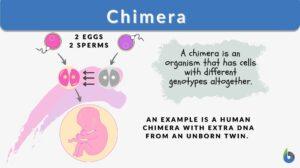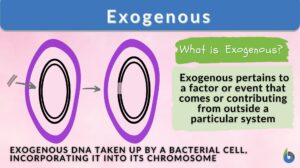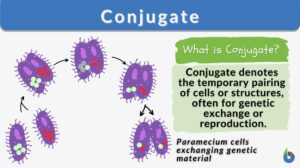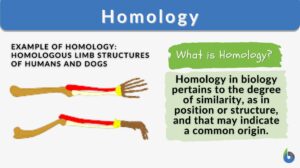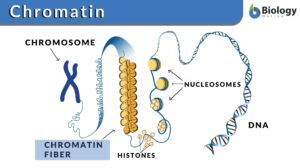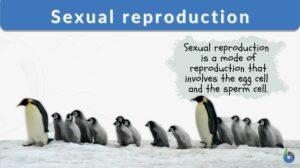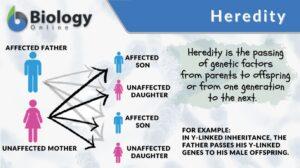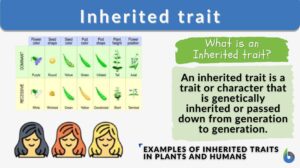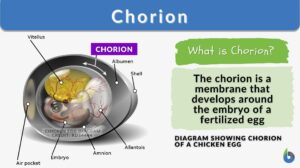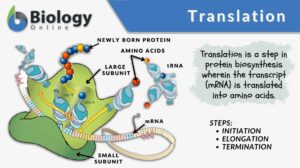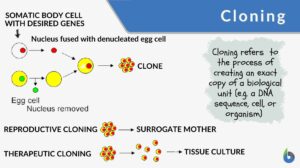Search Results for: gene transfer
Gene transfer
Definition noun, plural: gene transfers The transfer of genes between organisms Supplement Gene transfer pertains to the... Read More
Vertical gene transfer
Definition noun (genetics) The transfer of genes from parents to offspring Supplement Gene transfer refers to the movement... Read More
Thermophile
Thermophiles Definition What are thermophiles? Let us first understand the literal meaning of the word ‘thermophile’.... Read More
Conjugation
Conjugation generally means the joining or coming together (union), such as in certain unicellular organisms (some bacteria,... Read More
Pleiotropy
Pleiotropy Definition When one single gene starts affecting multiple traits of living organisms, this phenomenon is known... Read More
Sympatric speciation
Speciation is a process of evolution through which two different existing populations evolve and a distinct species form. It... Read More
Transposition
Definition noun, plural: transpositions (genetics) The transfer of a segment of DNA from one site to another of a... Read More
Silent mutation
A mutation is a change in the nucleotide sequence of a gene or a chromosome. When there is only one nucleotide involved, it... Read More
Genetic diversity
Genetic Diversity Definition Each species is composed of individuals with their own set of genes. A gene is the inheritance... Read More
Law of Segregation
Mendel’s Laws of Inheritance The father of genetics, Gregor Mendel, reported his findings in 1860 that initially were... Read More
Genetic Information and Protein Synthesis
Genetic Code Genes are sequences of DNA nucleotides that carry and transmit the information specifying amino acid sequences... Read More
Nucleic acid
Nucleic Acid Definition A nucleic acid refers to any of the group of complex compounds consisting of chains of monomers of... Read More
Complementary DNA
Definition noun A double stranded DNA produced from the messenger RNA synthesis in a reaction catalyzed by an enzymes... Read More
Transfection
Definition noun (molecular biology) The process of deliberate introduction of nucleic acids into a recipient eukaryotic... Read More
Differentiation
Differentiation in biology is the process where less specialized cells undergo changes to develop specialized structures and... Read More
Sexual reproduction
Sexual reproduction is a mode of reproduction involving the fusion of haploid female gamete (egg cell) and haploid male... Read More
Gene conversion
Definition noun A nonreciprocal gene transfer in which an allele converts the other allele into the same form as its self,... Read More
Infectious heredity
Definition noun A non-Mendelian inheritance in which an infectious particle within the cell of the host may bring changes in... Read More
Inherited traits
What are Inherited Traits? The characteristics or traits that are passed from parents to offspring are known as inherited... Read More
Ribonucleic acid
Ribonucleic Acid Definition noun (uncountable), ribonucleic acids ri·bo·nu·cle·ic ac·id, raɪboʊnjuːkliːɪk... Read More
Disruptive Selection
An evolutionary process known as disruptive selection (or disruptive natural selection) causes a population to become... Read More
Endomembrane system
Ever wondered how biomolecules are made within the cell and then they are released outside the cell for use by the body?... Read More
Electroporation
Definition noun, plural: electroporations A non-chemical method that transfers the genetic material into the recipient cell... Read More
Sonoporation
Definition noun A mechanical method of delivering molecules into the cell using sound, e.g. ultrasonic... Read More
Allopatric speciation
We can define speciation as a process by which the novel genetically independent group of organisms are formed through the... Read More
Translation
Translation, in general, is the conversion of something into another form, such as a word from one language to another. But... Read More


